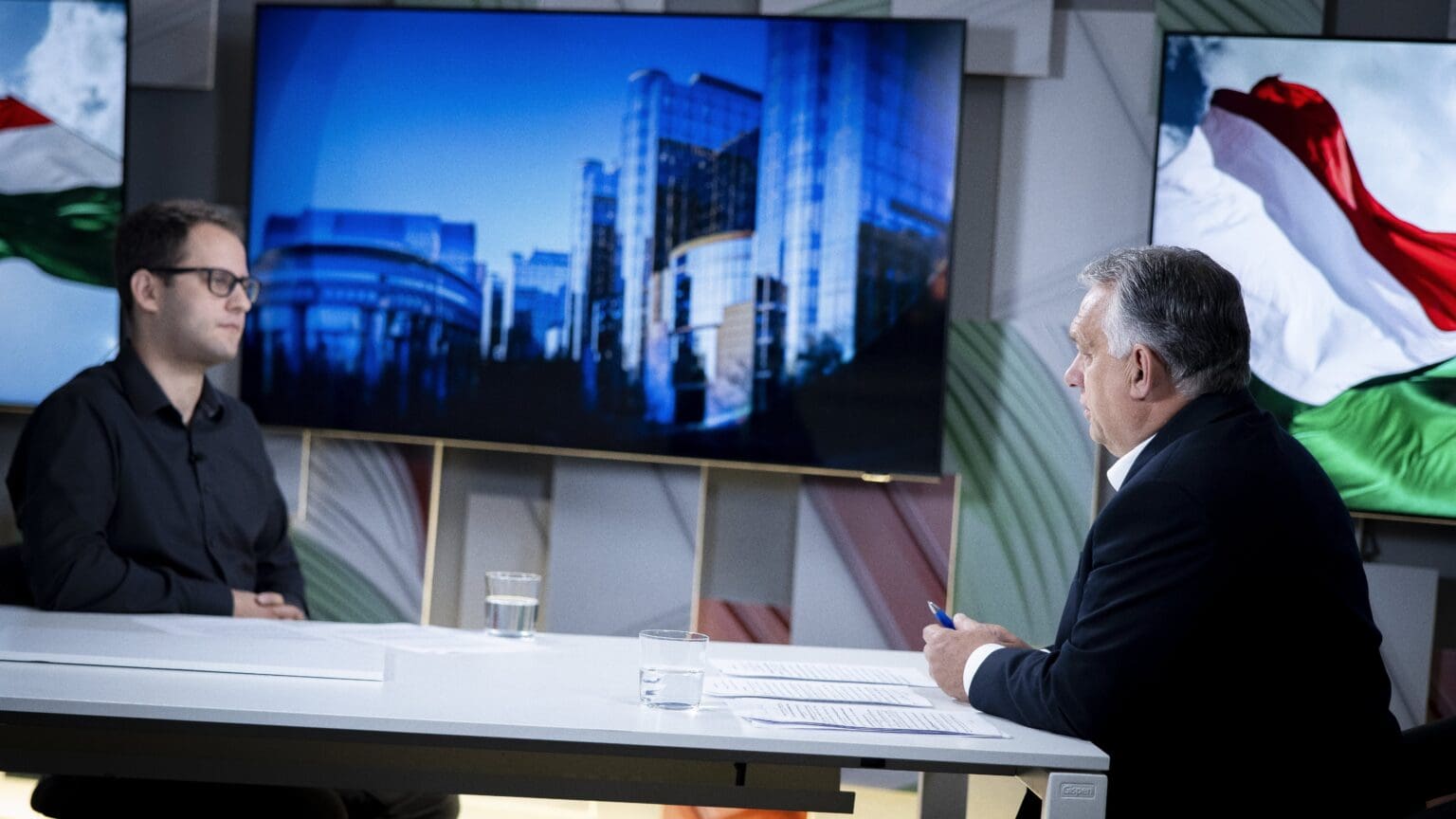
Viktor Orbán highlighted that the European Commission requested a pay raise for the Commissioners, while it wants to eliminate utility price reductions in Hungary. He believes this is so absurd that it leaves most EU leaders dumbfounded. The PM also voiced his suspicion that the funds due to Hungary may have ended up in Ukraine.
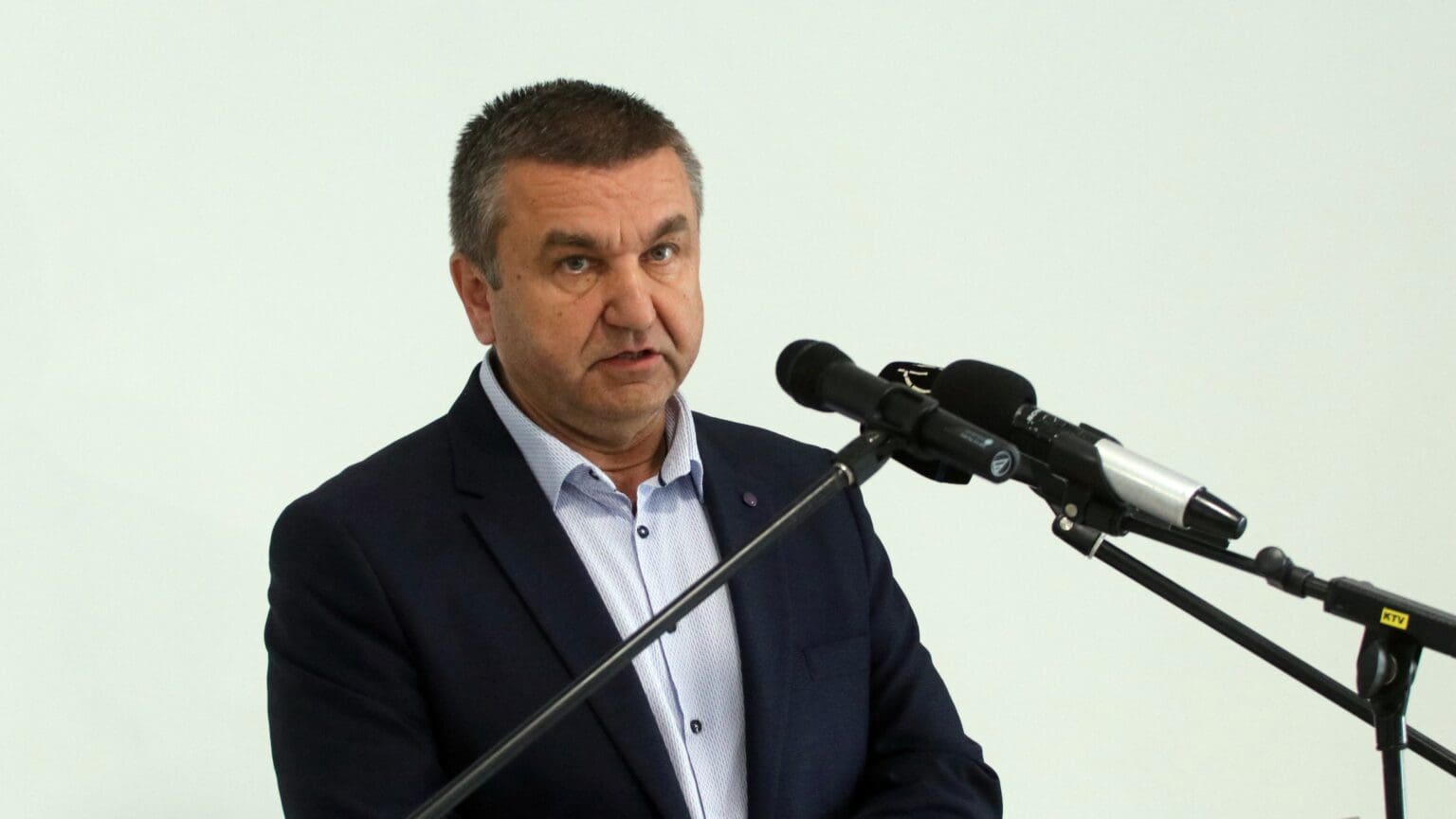
Sándor Czomba stated that since 2010, the number of employed people has increased from 3.7 million to 4.7 million, thus achieving one of the government’s commitments to create one million new jobs in ten years.
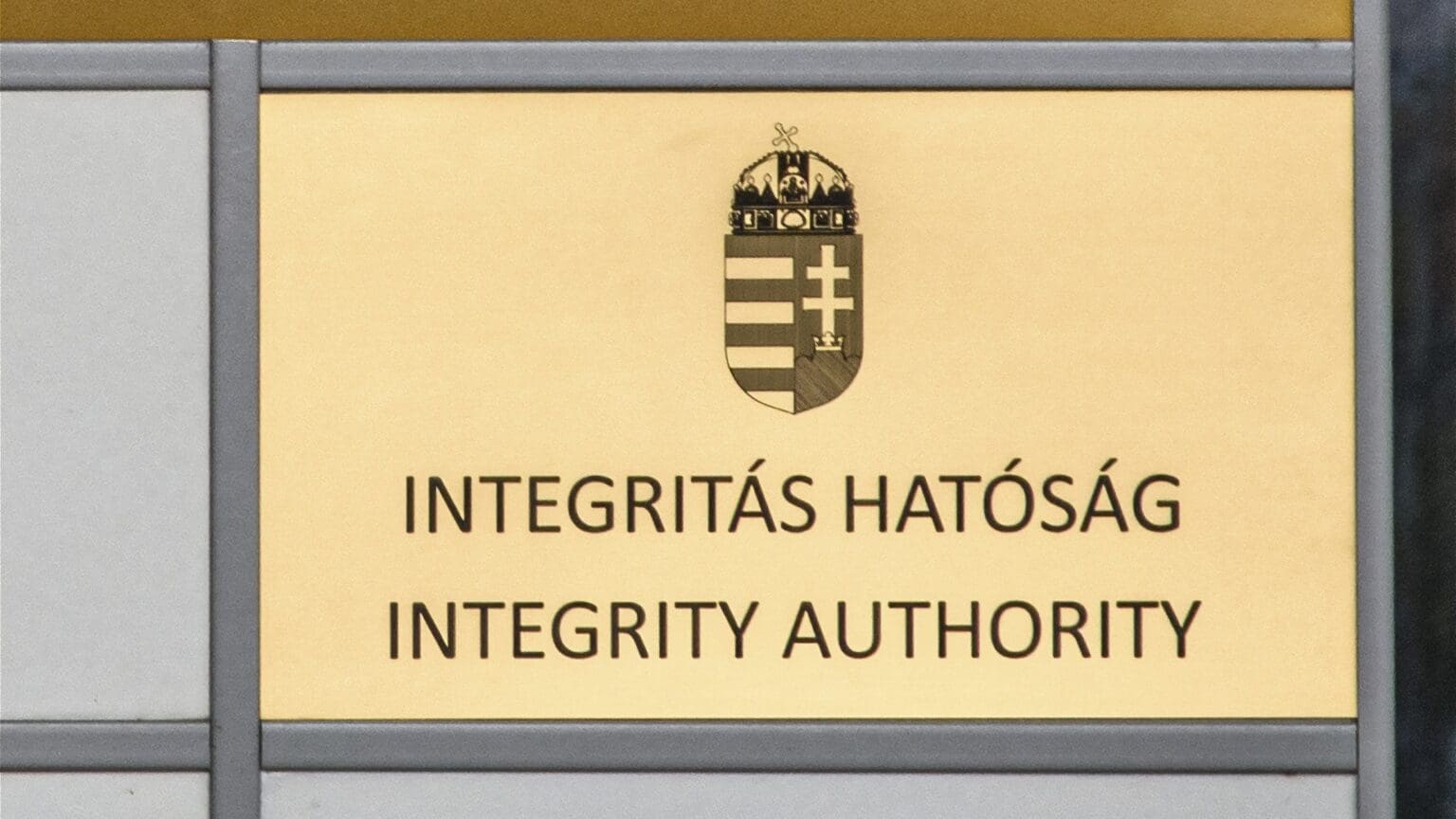
The authority was established to protect the money of European Union taxpayers, making sure that it is spent appropriately and in a targeted fashion. However, their goal is more ambitious, aiming to initiate a kind of cultural change in the economy, where the parties involved can and want to say no to corruption challenges.
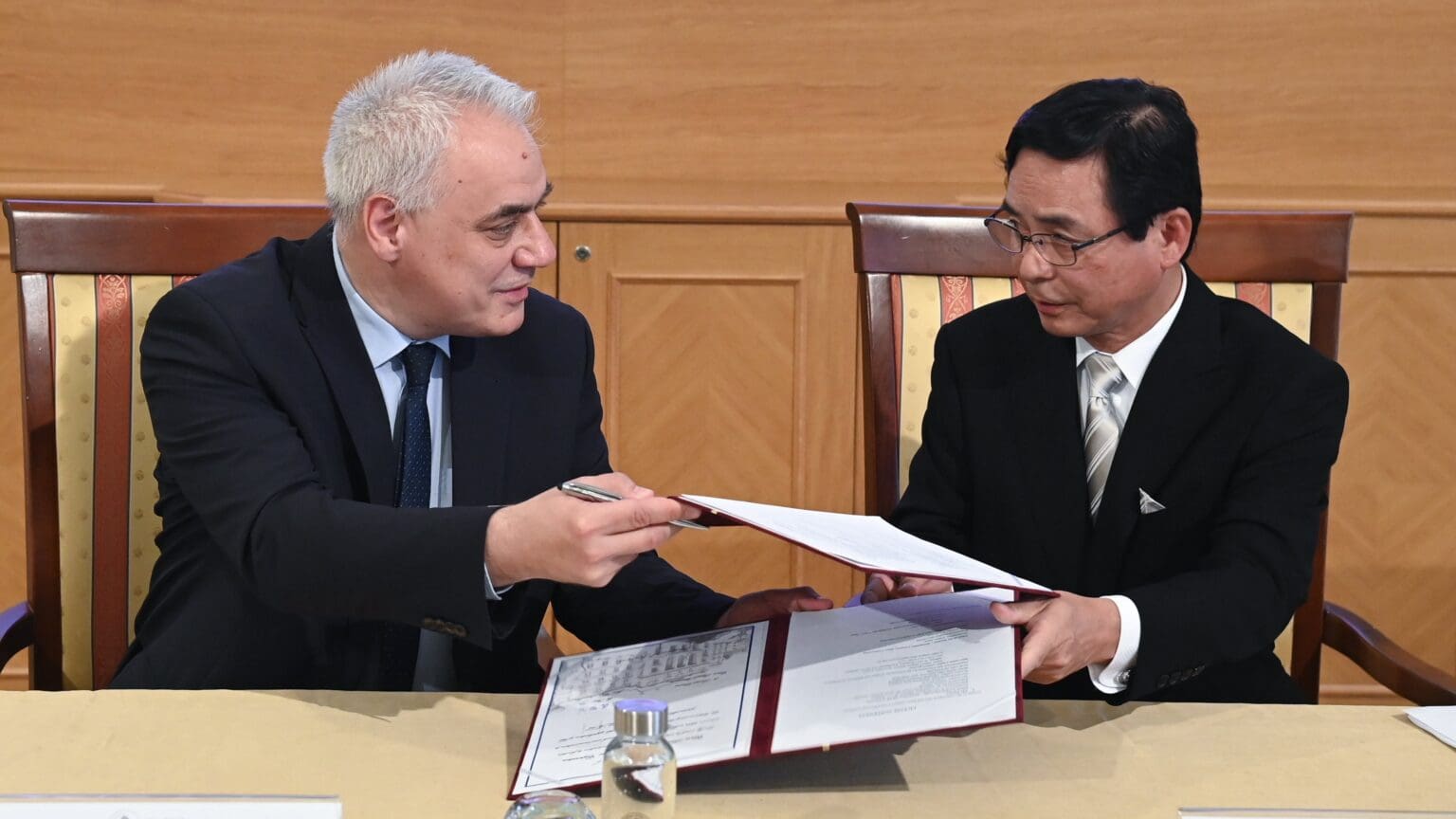
The collaboration between the Hungarian University and JASCO, focusing on pharmaceutical development, is in a promising area. The goal is for Hungary to become one of Europe’s top ten and the world’s top twenty-five innovators by 2030.

The total amount of EU funds approved by the Commission is €100 million, which is to be distributed among the five member states most affected by the glut of tariff-free Ukrainian grain dumps: Hungary, Poland, Slovakia, Romania, and Bulgaria. These five nations banded together and imposed bans on food product imports from Ukraine back in April.
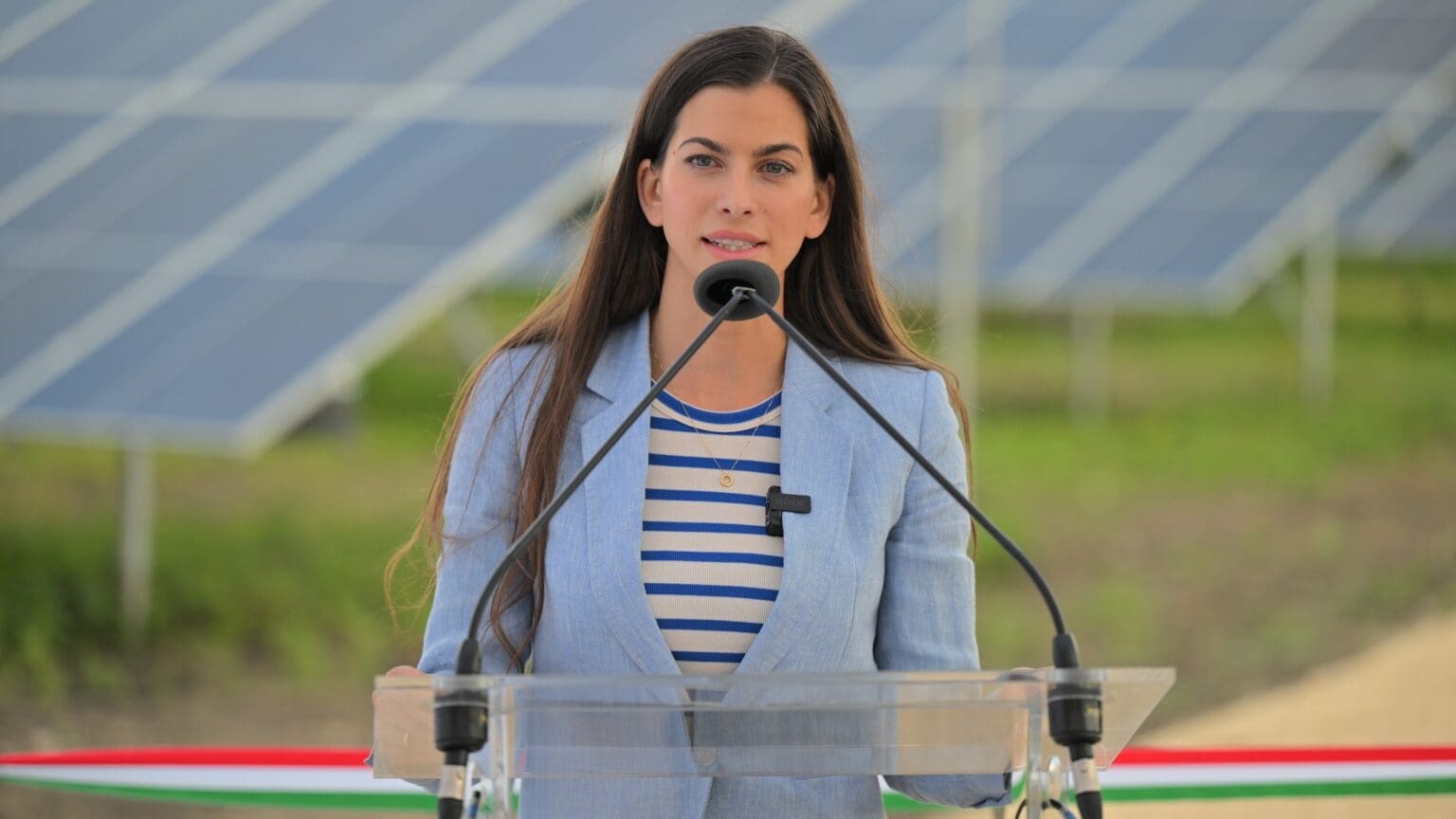
During the inauguration of a new solar power plant established by the MVM Group, Alexandra Szentkirályi stated that due to the war in Ukraine and the imposed sanctions, a very challenging energy situation has emerged. Therefore, the government’s most important task is to strengthen Hungary’s energy independence.

Márton Nagy described Hungary’s achievements in technology and knowledge transfer as remarkable. According to the Global Innovation Index, Hungary ranks 7th in terms of the utilisation of knowledge in the local economy.
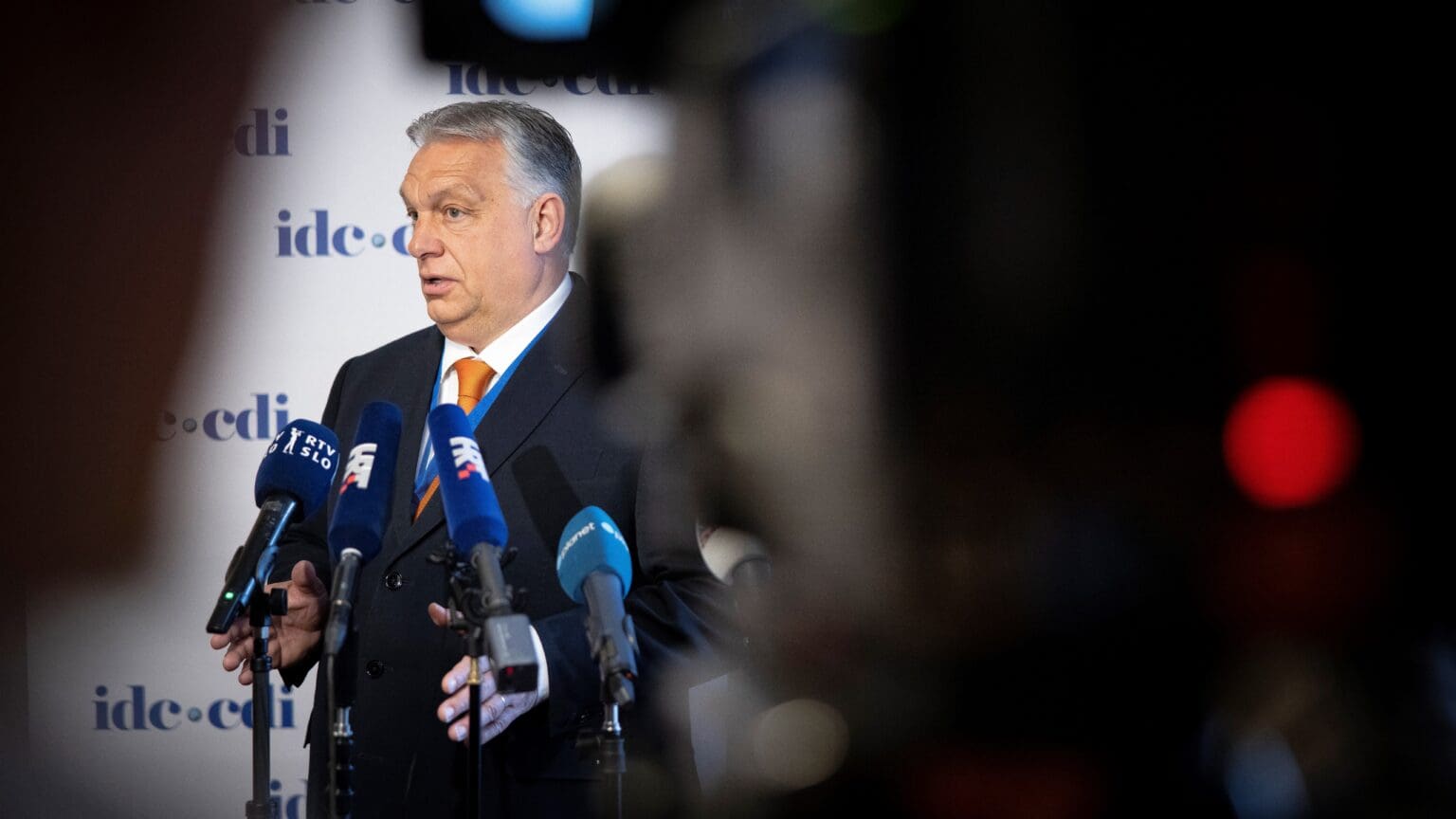
The PM drew attention to the fact that Hungary spends over two billion euros to protect the Schengen Zone from illegal immigrants. ‘We haven’t received a single cent from Brussels. Why should we pay more? We have to spend all our money on protecting the borders, protecting Europe and Germany,’ Orbán stated.

After the completion of the investment, the Chinese–Hungarian joint venture, Jiangsu Magnus Aircraft Manufacturing, is expected to create a total of 300 jobs, with Hungarian employees playing a leading role.
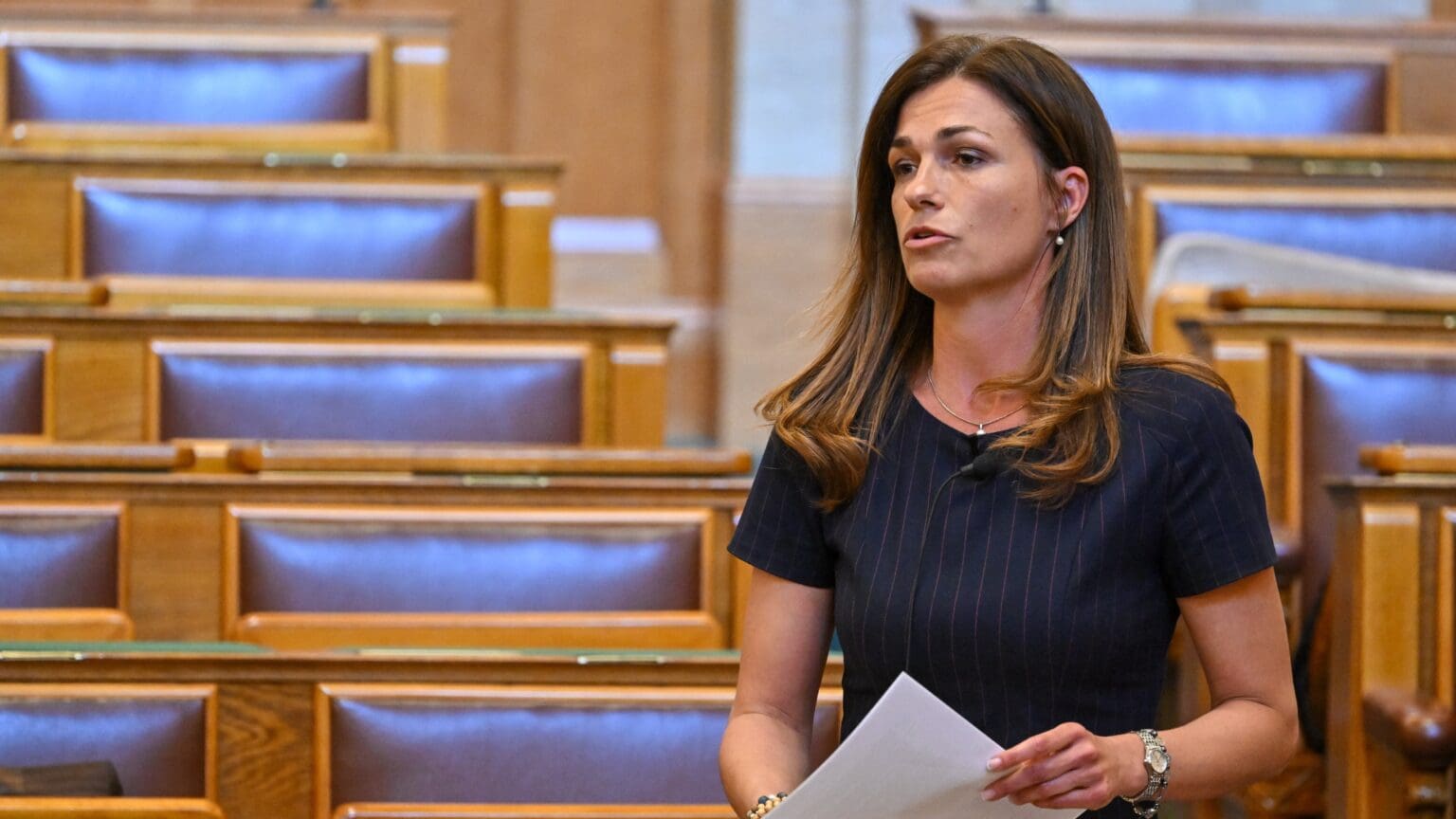
She is resigning to take an active part in the campaign in the 2024 European Parliamentary election. She is also rumoured to be leading the Fidesz EP list, although that is yet to be confirmed. The minister believes that she has fulfilled all the tasks she took on when she was appointed.
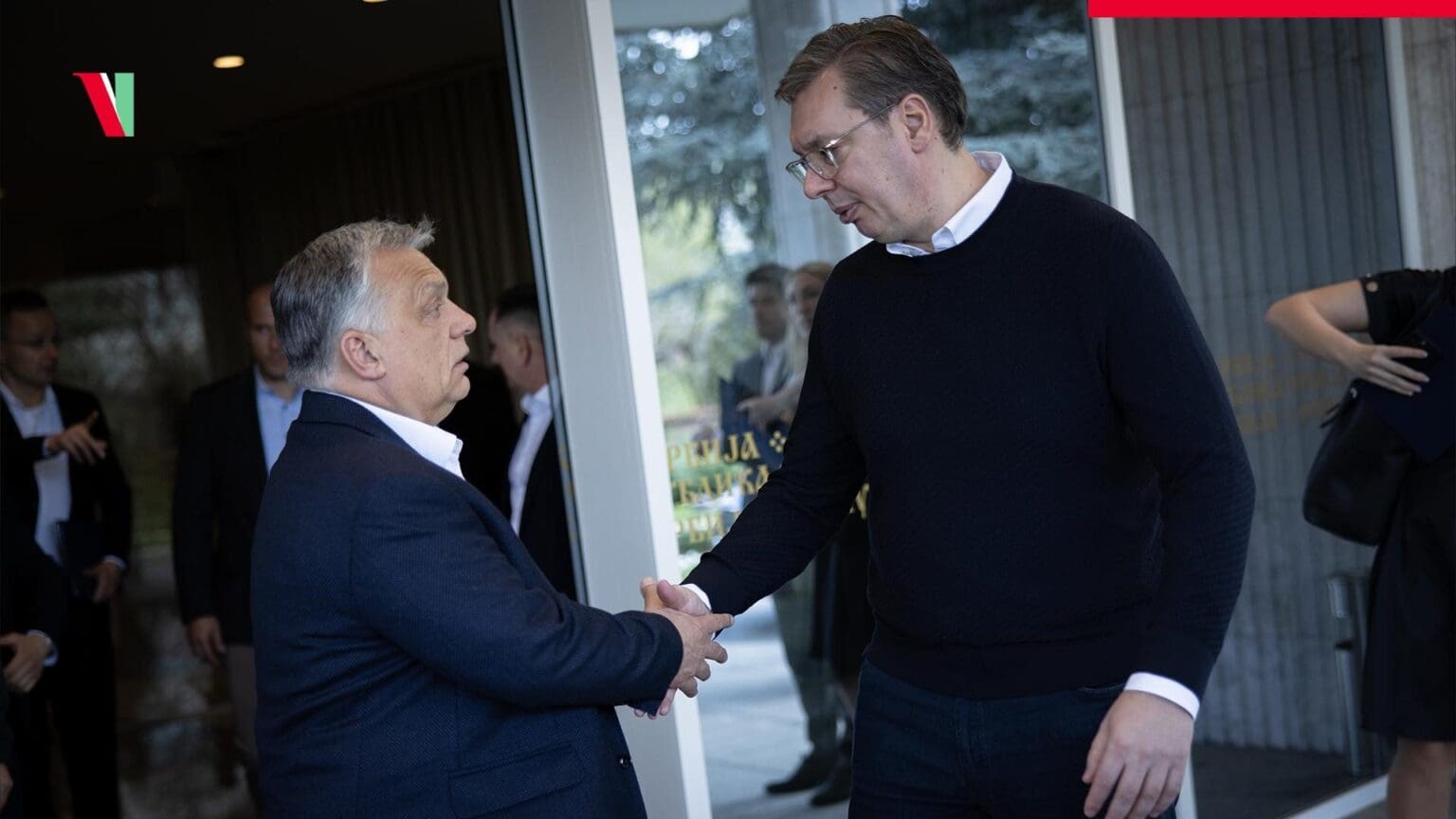
PM Orbán wrote that the release of the three Kosovo police officers charged with illegal weapon possession in Serbia is a testament to the ‘mutual commitment to the peace and stability of the Balkans’. However, tensions in the region still seem to be on the rise.
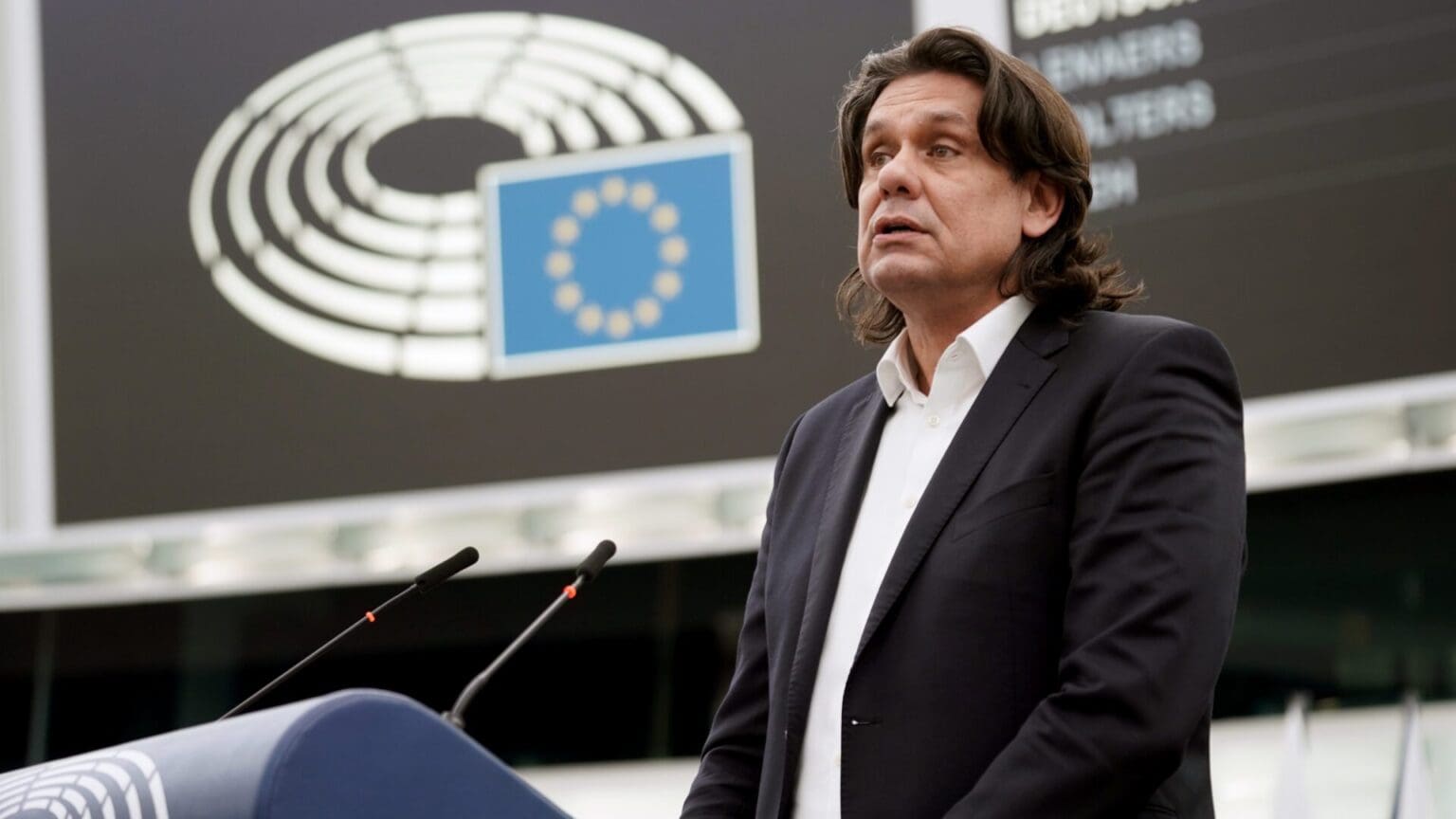
Tamás Deutsch, during a public radio interview, drew attention to the concerning fact that the EU has been sending billions of Euros in military aid to Ukraine despite its current budget having been approved in December 2020, over a year before the Russian invasion began. He also pointed out that the exact amount spent on aiding the Ukrainian war effort is not even known.
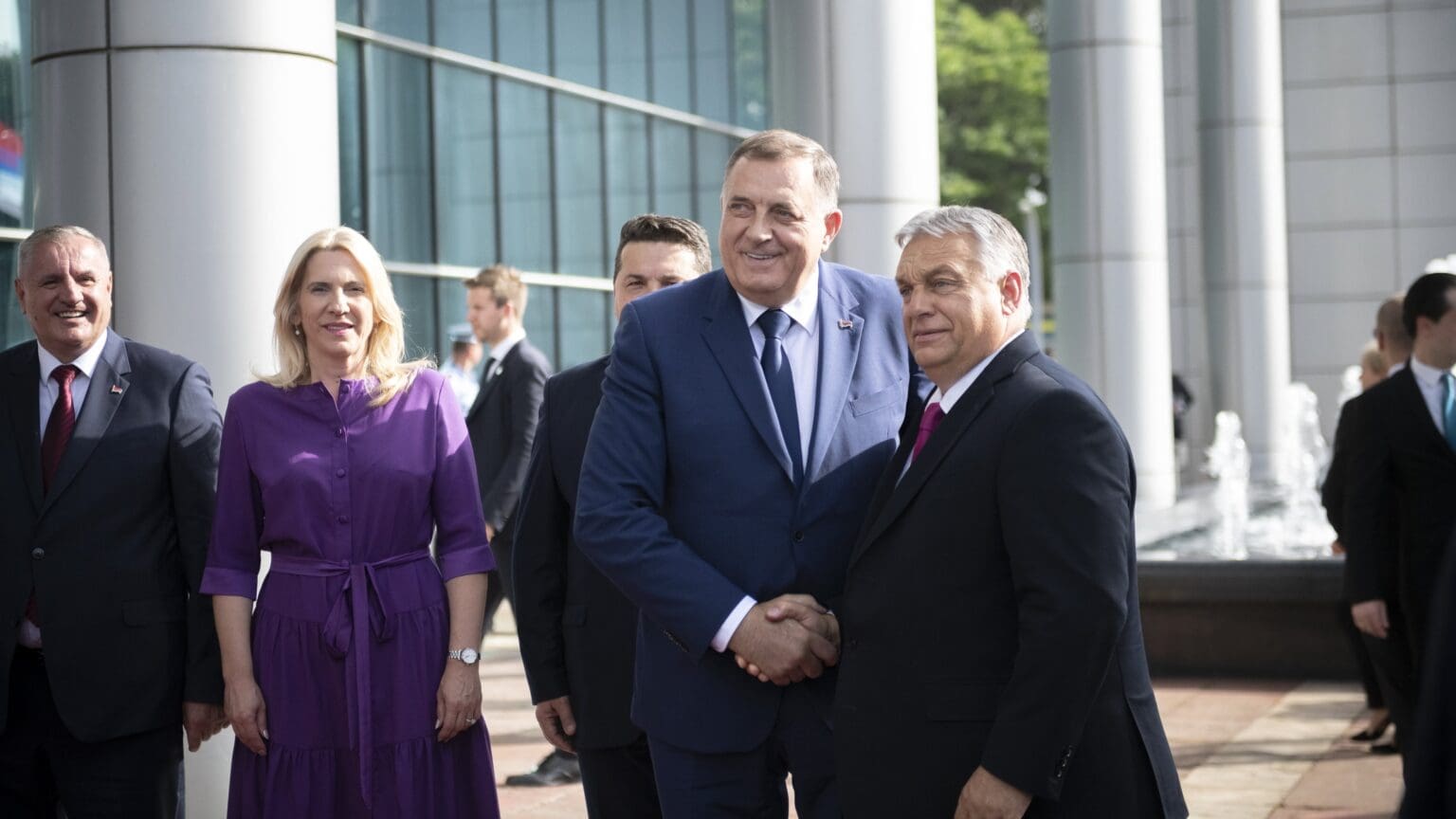
Dodik expressed gratitude for the budgetary support provided by the Hungarian government earlier this year to the Bosnian Serbs, which enabled the institutions to function smoothly. According to the plans, the predominantly Serb-populated region of Bosnia and Herzegovina aims to work on the development of the electrical grid, solar energy, and hydropower, as well as construct a pharmaceutical factory and improve infrastructure.
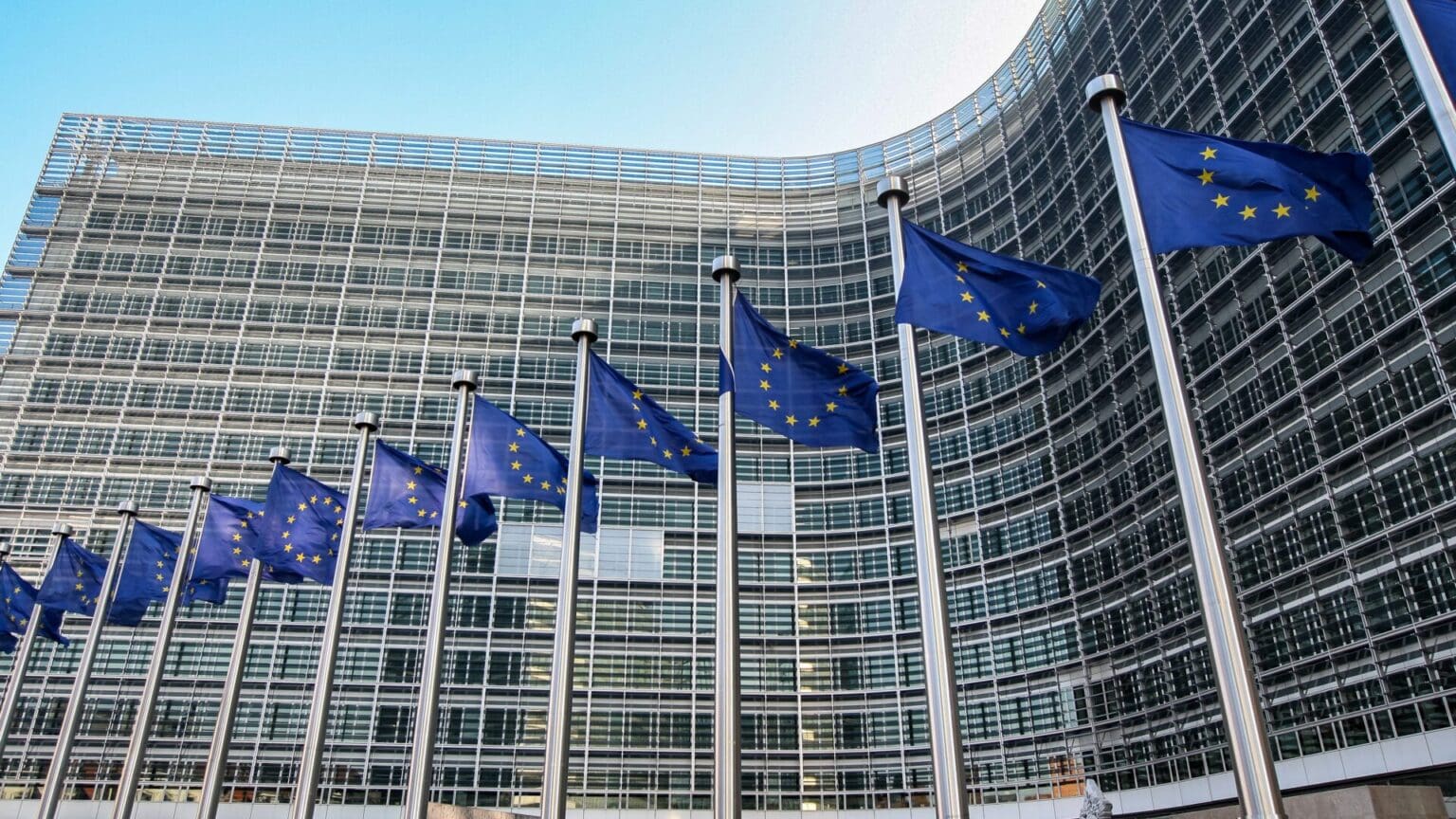
The Hungarian government has secured an exemption regarding the maintenance of Russian metro cars, allowing the sanctioned Moscow-based company to once again deliver parts to Budapest.
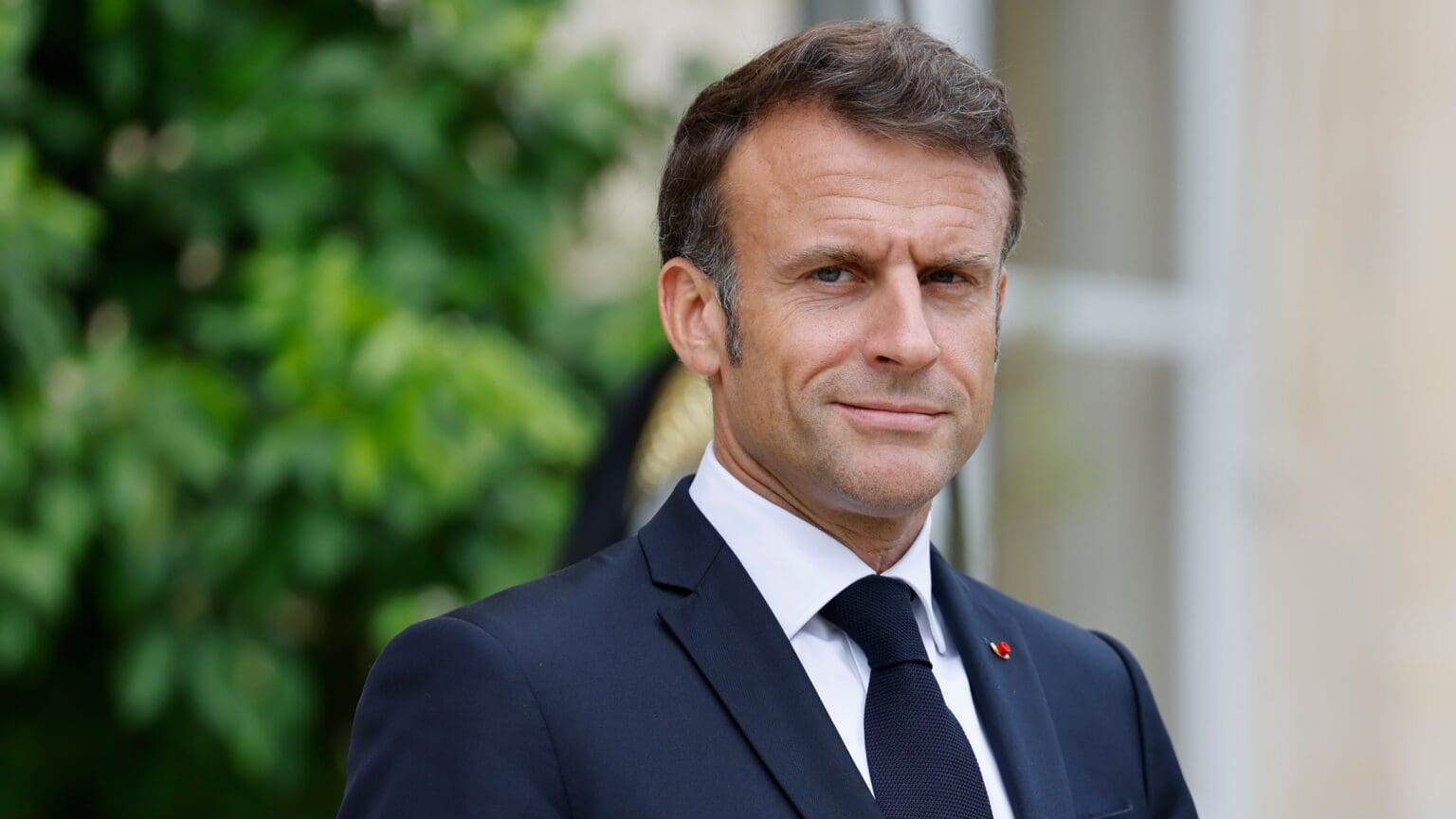
In addition to the French initiative, Hungary has also joined the German-initiated Sky Shield programme, which will further enhance its capabilities through joint procurement.
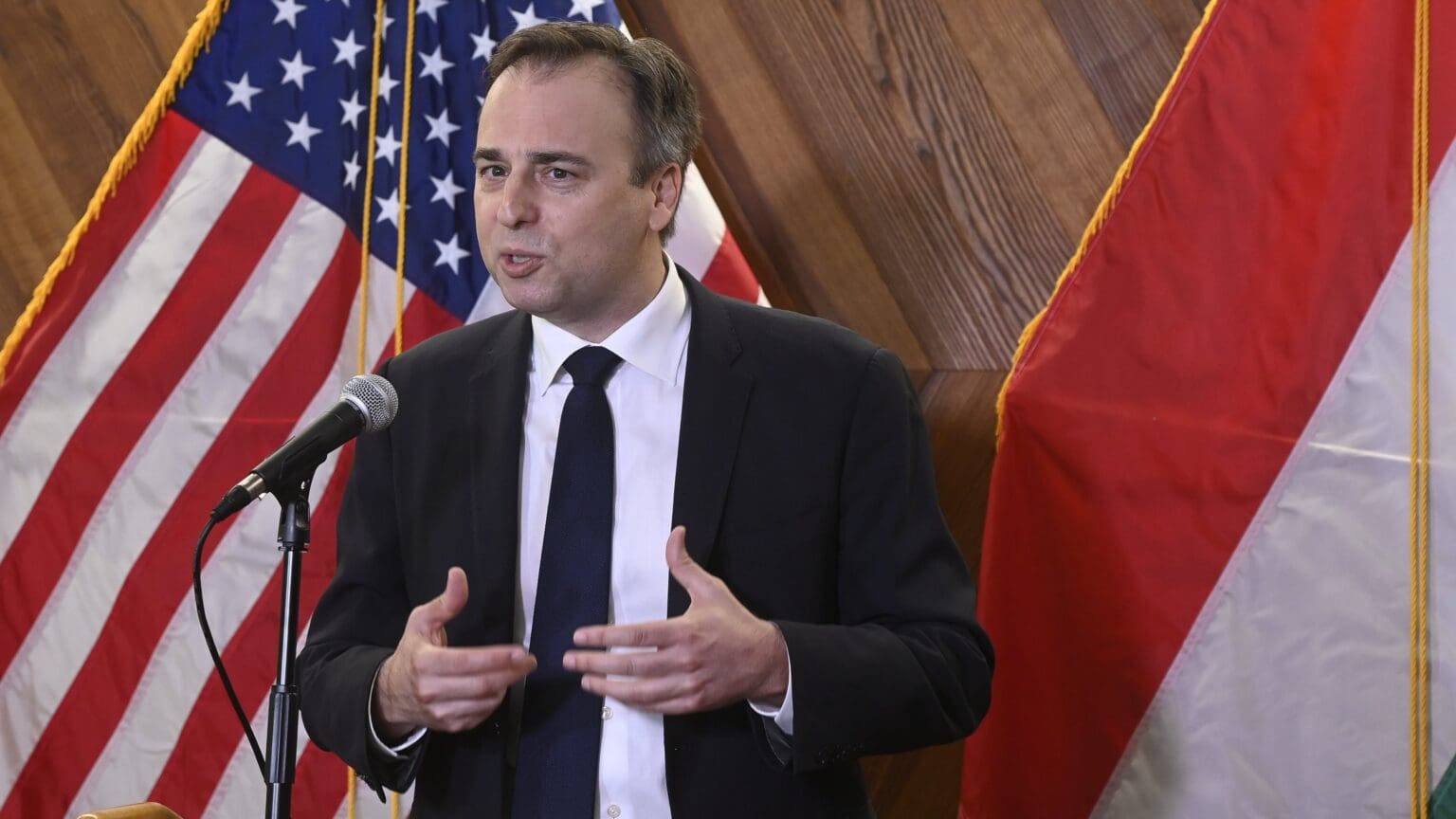
The Ambassador stressed that LGBT activism is ‘not cultural imperialism’, nor is it ‘an export of a decadent West’. However, ‘pride month’, which he called on all Hungarians to celebrate, is centred around two recent events in American history that have nothing to do with Hungarian culture.
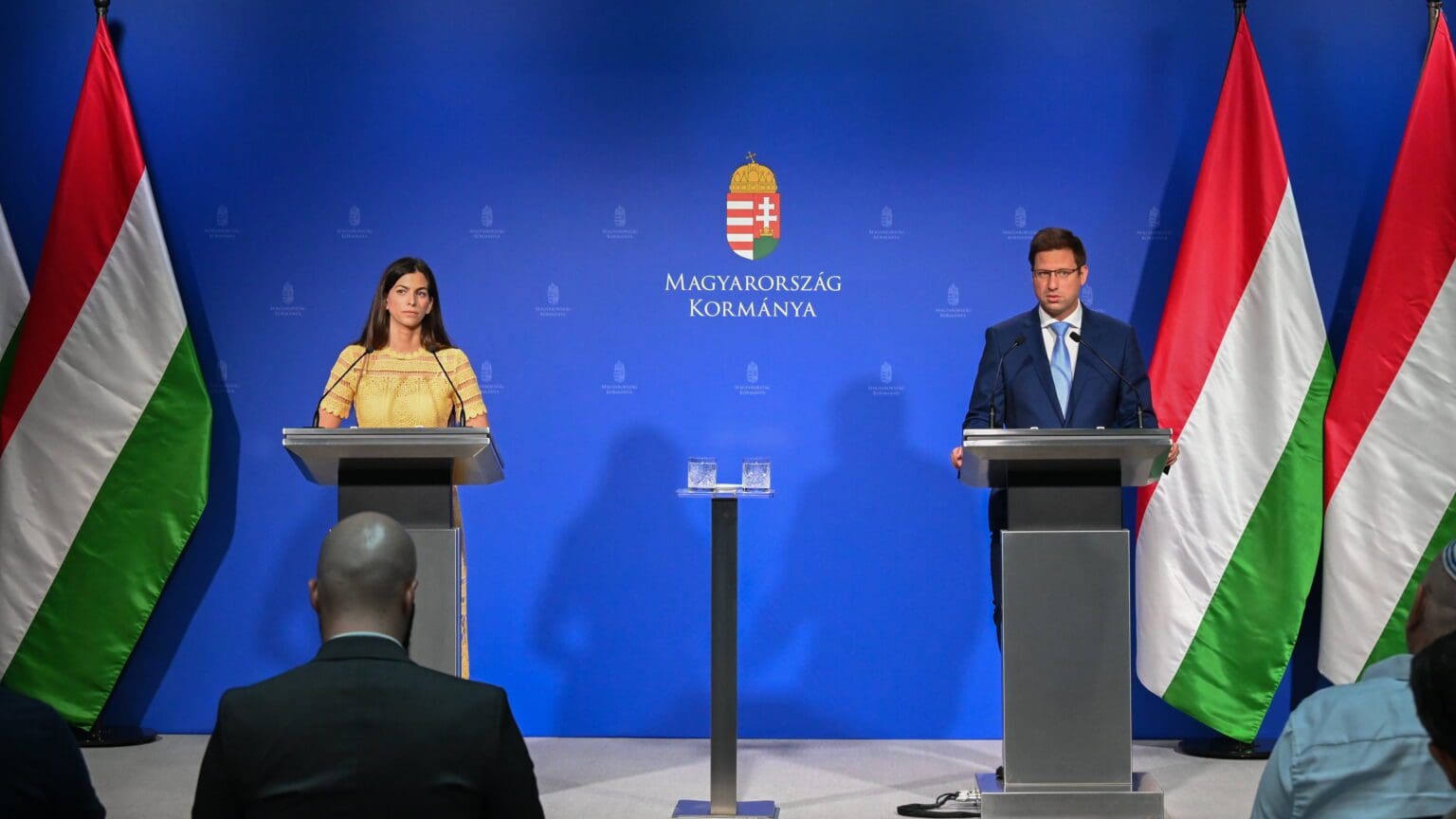
Minister Gulyás announced that the maximum amount of the childbirth incentive loan (Babaváró hitel) will increase to 11 million forints. This change will come into effect in 2024 and will apply to couples where the woman is under 30 years old. also announced that the food price caps will be extended for one more month, but they will be phased out as of August as they have fulfilled their purpose. Forecasts indicate that inflation is decreasing. At the same time, food retailers mandatory discounts will be increased from 10 to 15 per cent.

With the establishment of the new production hall, modern laboratory, and the deployment of one of the most advanced production lines, the company is getting closer to its sustainability goals. Dreher aims to make its production processes carbon neutral by 2030.

Péter Szijjártó declared that it is no longer an exaggeration to speak of the mutually respect-based cooperation between Audi and Győr, and Audi and Hungary as a true success story.

At a conference on Monday, Justice Minister Judit Varga assured everyone that the separation between the judiciary and executive power is enshrined in law in Hungary. She also opined that the current ‘crisis of confidence’ between Hungary and the EU is caused by the continuous unjustified attacks on the country over the years, and not the supposed faults in Hungary’s justice system.

The Hungarian Defence Forces demand unwavering loyalty, exemplary behaviour worthy of their vocation, courageous commitment, high readiness, and discipline from the soldiers who perform active service, a statement from the Ministry of Defence wrote about the war-time increasement of training routines for active-duty soldiers.
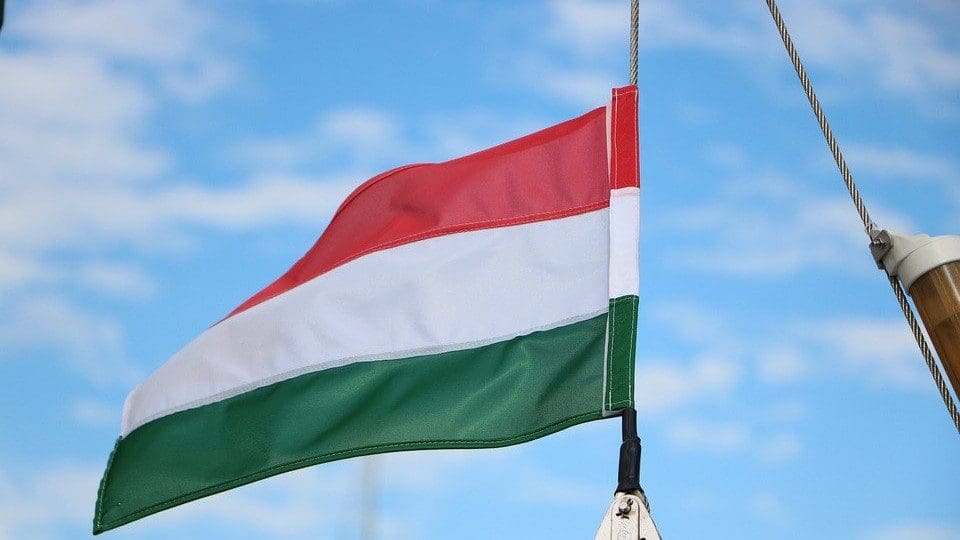
On Wednesday, 21 June, the Ministry of Defence issued a statement confirming that a Hungarian military helicopter had crashed in Croatia while on active duty with a three-men crew on board.

Famed American internet personality and political commentator Dave Rubin sat down with writer and columnist Rod Dreher, also from the US, in Budapest, Hungary to discuss the state of conservatism in their home country and Hungary. They both see Prime Minister Orbán as a good model to follow for conservatives in America, and agree that he is being misrepresented in American mainstream media.

During the meeting in Palić, twelve cooperation agreements were signed between the Hungarian and Serbian parties. These include the establishment of the Hungarian-Serbian Strategic Cooperation Council, as well as agreements on diplomatic cooperation, border protection, border control, the construction of an oil pipeline between Hungary and Serbia, European integration, exchange and protection of classified data, infrastructure, agriculture, defence, and customs cooperation.

With the completion of the renovation of the M3 metro line, the implementation of the Reawakening Boulevards urban development concept has entered a new phase. The refurbished metro line and the decreasing motor vehicle traffic in central Budapest now provide an opportunity for the revival of the once glorious boulevards that have been reduced to city centre ‘highways.’

Instead of systemic competition, the Hungarian government supports strategic cooperation with China, Minister of State for Bilateral Relations of the Ministry of Foreign Affairs and Trade Tamás Menczer emphasised during the inauguration ceremony at Budapest Ferenc Liszt International Airport on Monday.
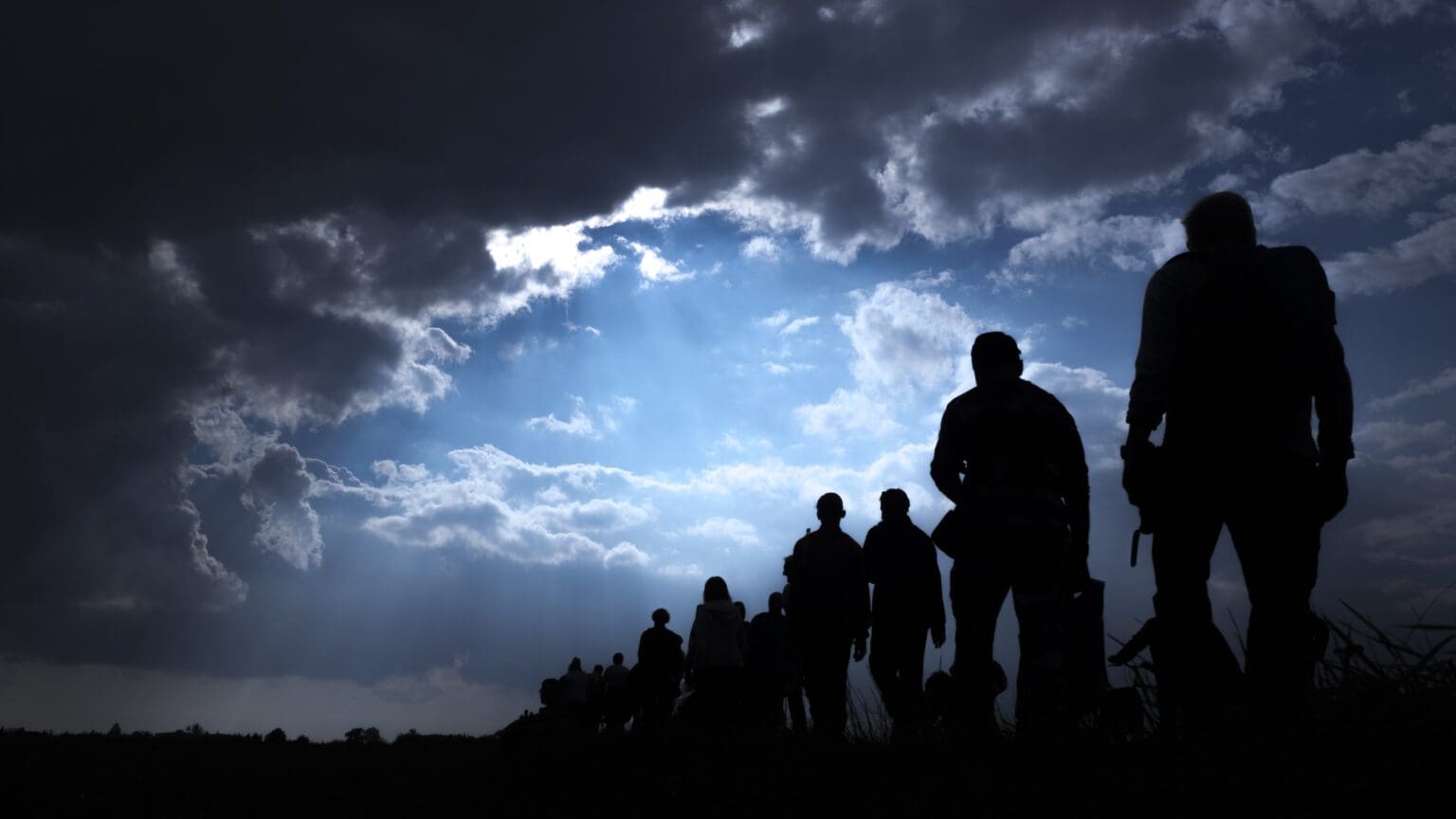
According to the survey’s results, more than three-quarters (77 per cent) of respondents agreed that the European Union should send ‘migrant applicants’ to Hungary only with the approval of the Hungarian government.
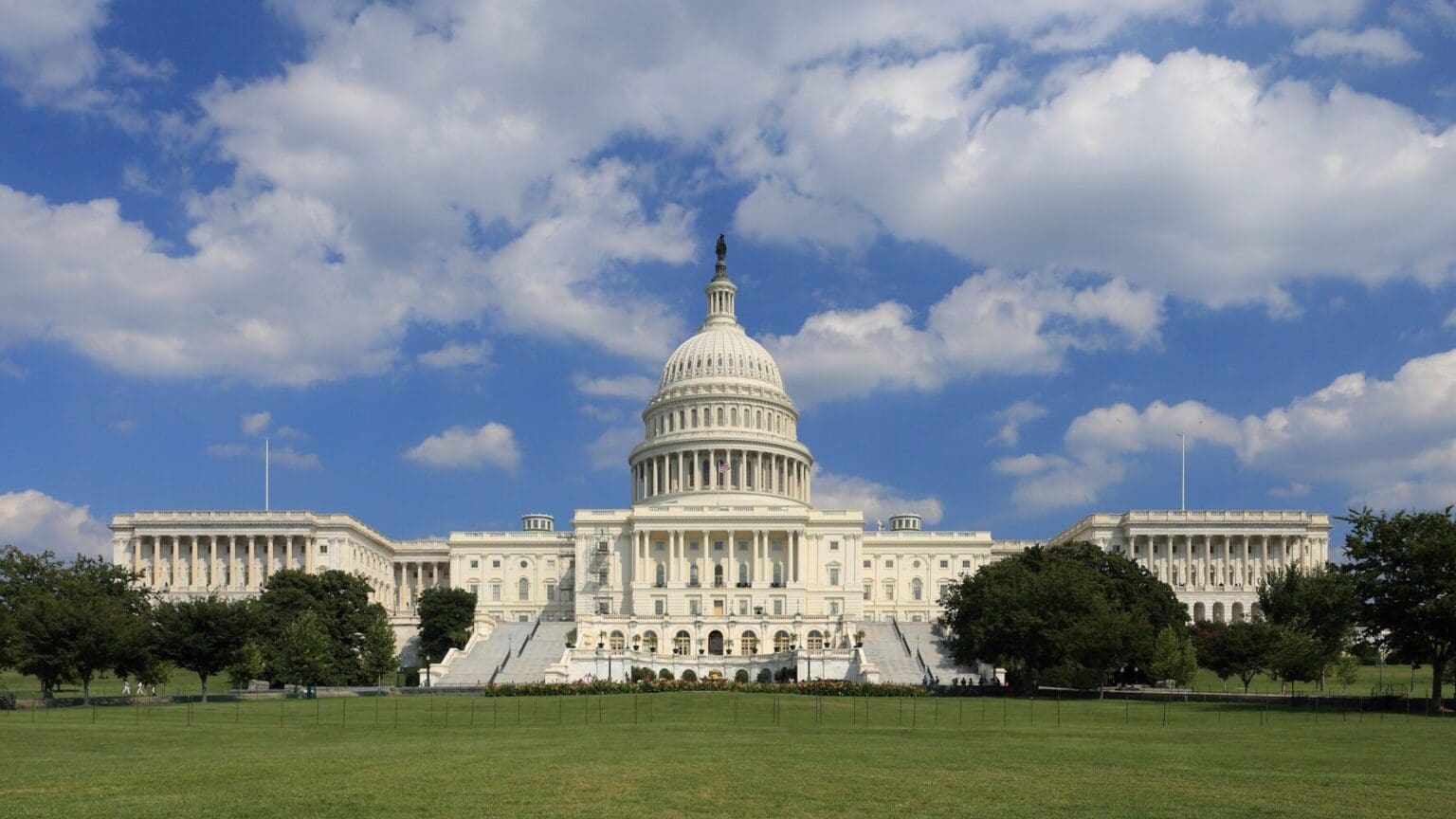
Senator James E. Risch of Idaho cited his frustration over Hungary not moving forward with approving Sweden’s NATO accession as his reason to block the $735 million arms deal. However, in the meantime, Hungary has signed a letter of intent for air force equipment acquisition with France.
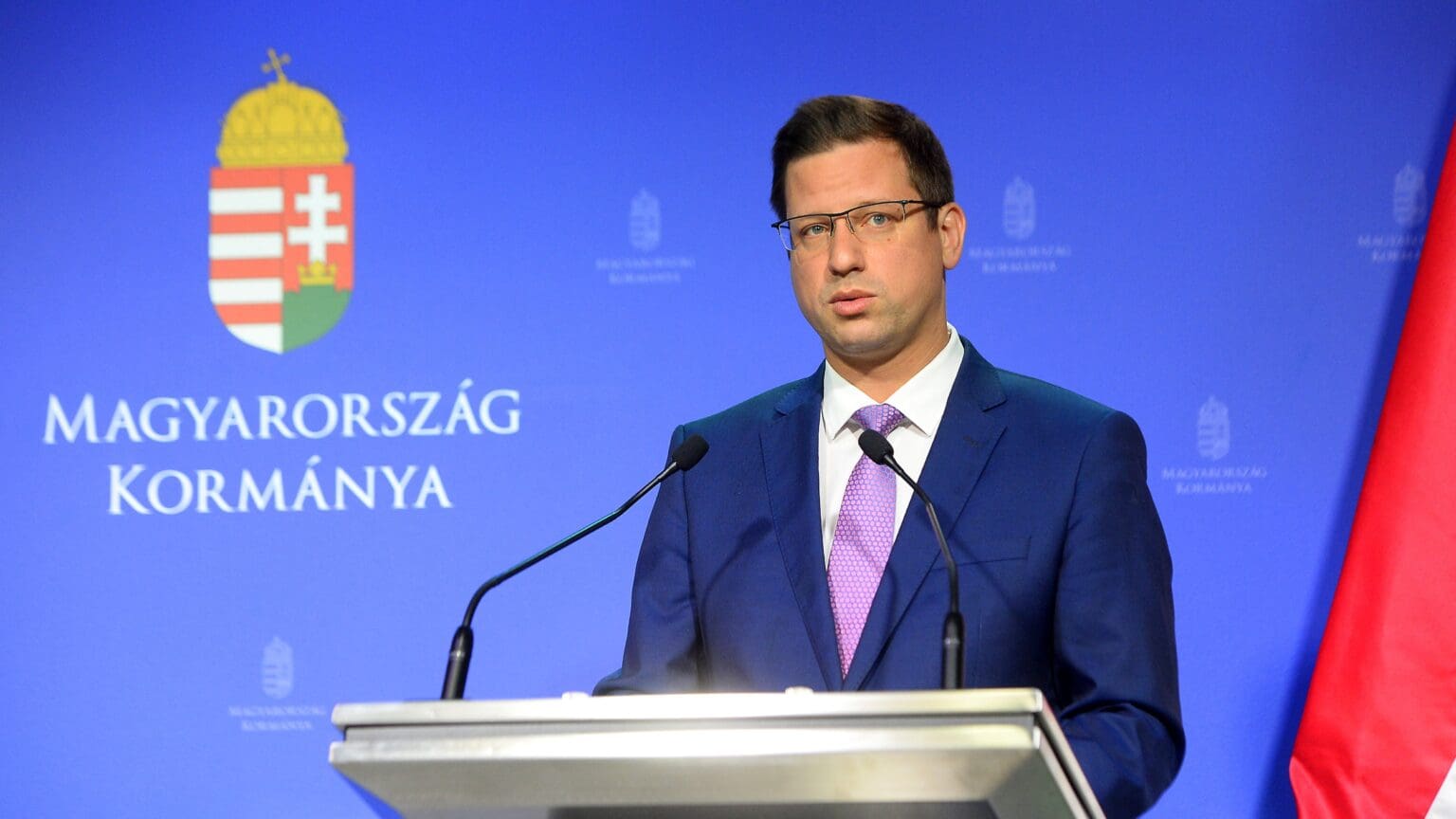
He also stated that next year the country will have sufficient resources, for the first time since the regime change, to meet the NATO obligation of allocating 2 per cent of GDP to defence spending.

The Twitter owner and eccentric centibillionaire travelled to Rome to discuss a number of issues with Italy’s recently elected conservative Prime Minister. Only a day earlier, he publicly went after Joe Biden for his statement about children.

Hungarian Conservative is a quarterly magazine on contemporary political, philosophical and cultural issues from a conservative perspective.